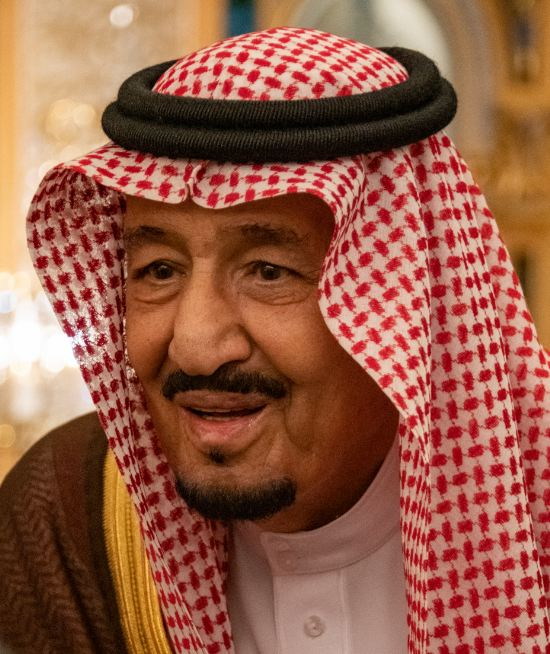After putting an end to flogging, Saudi Arabia has taken another step away from its ultra-conservative laws. In a major push towards enforcing human rights, the kingdom has ended the death penalty for crimes committed by juveniles.
Saudi Arabia outlaws death penalty for minors

Saudi Arabia has outlawed the death penalty for crimes committed when a convict was minor, Human Rights Commission president Awwad Alawwad said on Sunday, citing a royal decree, the Guardian reported. "Instead, the individual will receive a prison sentence of no longer than 10 years in a juvenile detention facility," the statement added.
"This is an important day for Saudi Arabia," Alawwad said. "The decree helps us in establishing a more modern penal code," he added. He further informed that "more reforms will be coming," and that the two decisions [end to flogging and death penalty to juveniles] "reflect how Saudi Arabia is forging ahead in its realization of critical human rights reforms even amid the hardship imposed by the Covid-19 pandemic."
Executions in Saudi Arabia
The Middle Eastern nation, ruled by fundamentalist elements of Wahhabi Islam, carries out one of the highest numbers of executions in the world. In 2019, it carried out 184 executions, according to a tally by Death Penalty Information Center. The year 2019 saw the highest number of executions since 1995 when 195 were put to death.
In the kingdom, the death penalty is handed to those convicted for terrorism, homicide, rape, armed robbery and drug trafficking. But human rights groups have raised concerns about the fairness of trials and condemned the inhumane punishment altogether.
The latest step is expected to spare the lives of six men, all from minority Shia community, who were convicted of participating in anti-government demonstrations during the Arab Spring uprisings. All were minors when they committed the alleged crime.
Why were flogging and death penalty for minors outlawed now?
Saudi crown prince Mohammad bin Salman, who is the de facto ruler of the kingdom, is seen as the force behind the recent steps. Following the murder of Washington Post journalist Jamel Khasshoggi, allegedly at the direction of the crown prince, the kingdom has come under intense criticism, especially for its ultra-conservatism, disregard for human rights and aversion towards criticism.
Since Salman assumed central position in the kingdom's affairs, he has pushed for several reforms to modernize the country. One of the first steps he took after assuming charge as the heir to the Saudi throne, was to let women drive. The recent set of reforms is seen as his attempts to project the nation as a modern one, compatible with the liberal west and at the same time, allay criticism coming his way since the gory murder of the Washington Post journalist.
Ironically, projected as the face of modernity, Salman has overseen a parallel crackdown on liberals, women's rights activists, writers, moderate clerics and reformers. Killing of Khasshoggi is one such example.









